Key Points
- Iran is the oldest country with an established government around 3200 BCE.
- Ancient civilizations of Egypt and China are among the world's oldest.
- San Marino is the world's oldest continuous republic, founded in 301 CE.
The idea of a "country" or "nation-state" as we know it today is a fairly new one, which makes it hard to figure out which countries are the oldest. We can make a list of the oldest countries in the World by looking at the most ancient civilizations and political groups that are still around today.
However, this list of the oldest countries takes into account both the founding of a stable political state and a civilization with a long, unbroken cultural history. While many of the oldest European countries have a rich history, the absolute oldest tend to be found in other parts of the world. In fact, some of these nations, such as Egypt and China, have a history stretching back thousands of years.
List of Oldest Countries in the World (by Oldest Civilization)
The following table presents some of the world's oldest countries, ranked by the approximate date of their founding as a continuous civilization or political entity. The dates often refer to the emergence of a unified state or the beginning of a recognized dynasty.
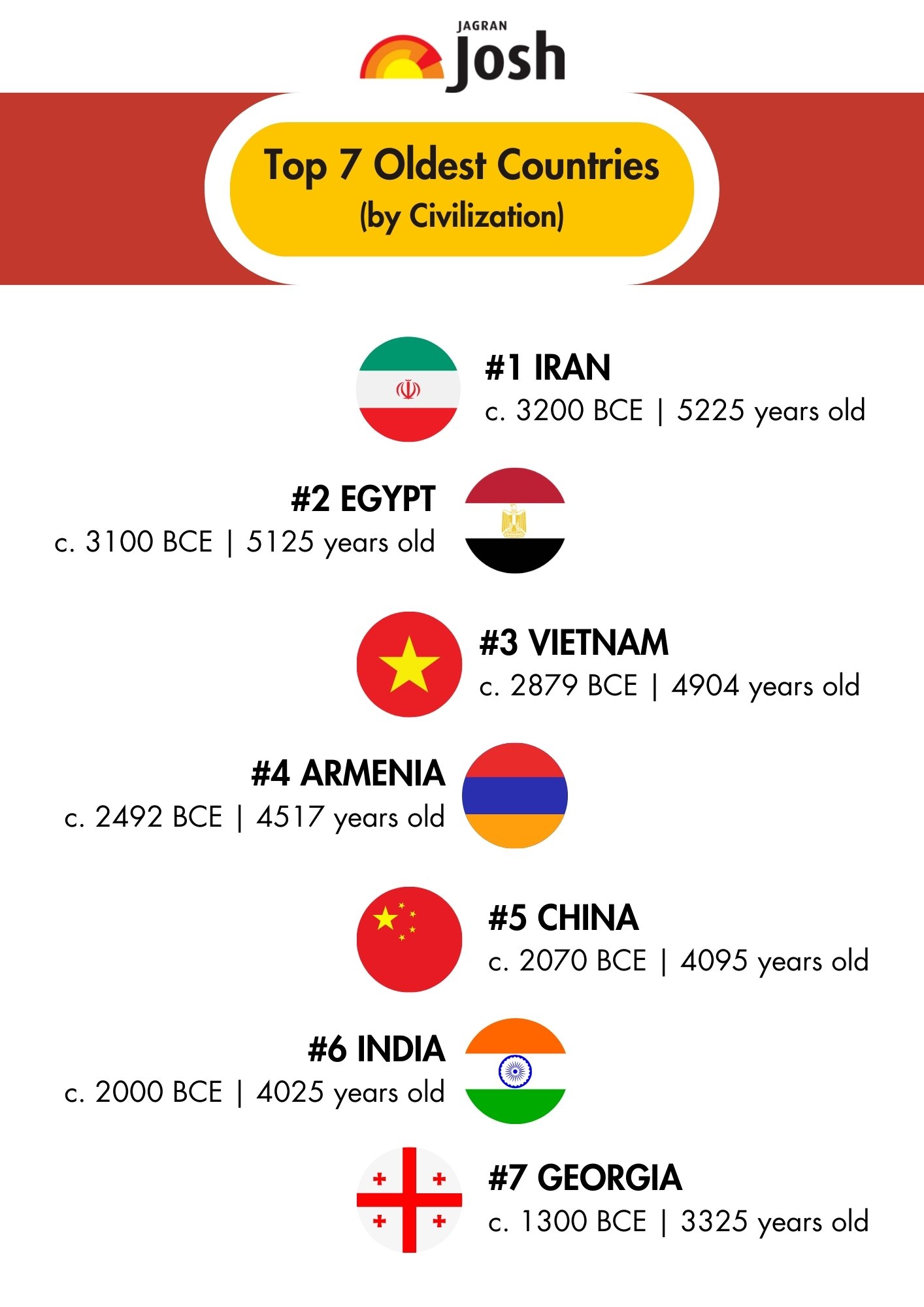
| Rank | Name of Oldest Country | Earliest Known Foundation Date |
| 1. | Iran | c. 3200 BCE |
| 2. | Egypt | c. 3100 BCE |
| 3. | Vietnam | c. 2879 BCE |
| 4. | Armenia | c. 2492 BCE |
| 5. | China | c. 2070 BCE |
| 6. | India | c. 2000 BCE |
| 7. | Georgia | c. 1300 BCE |
| 8. | Ethiopia | c. 980 BCE |
| 9. | Greece | c. 800 BCE |
| 10. | Japan | c. 660 BCE |
| 11. | San Marino | 301 CE |
1. Iran
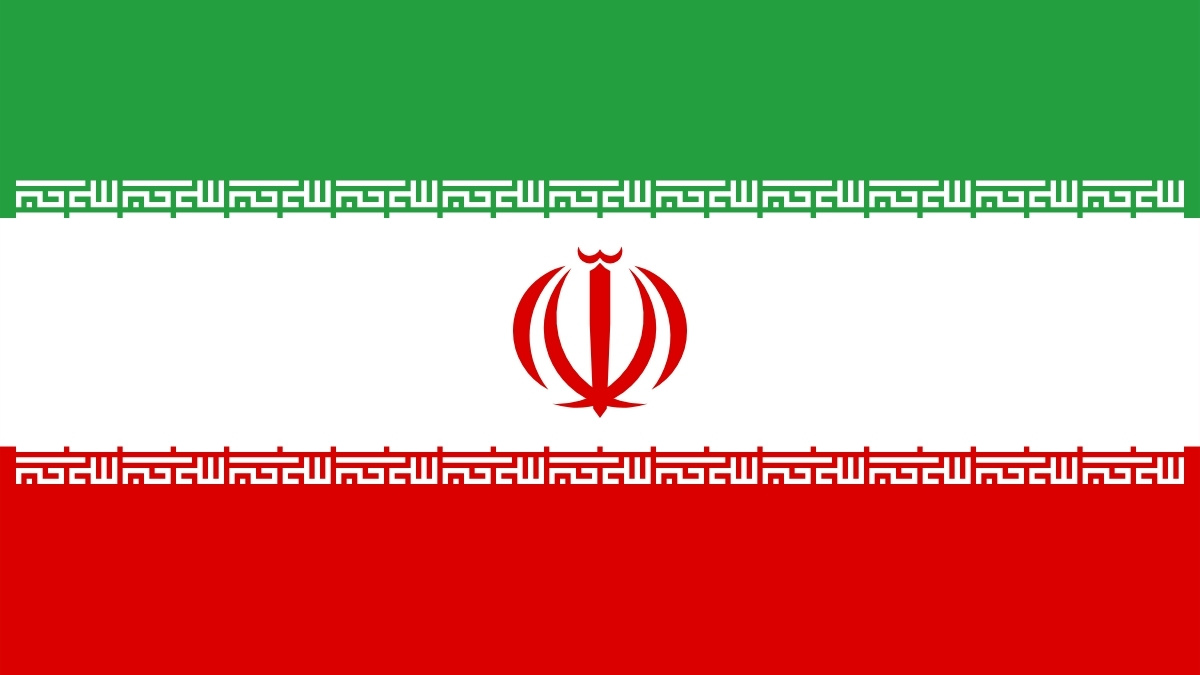
Iran, which used to be called Persia, has a strong case for being the world's oldest country, with a history that goes back to around 3200 BCE. The Elamite civilization began to grow on this date. It set up some of the first organized governments in the area. Iran's rich and long-lasting culture has survived many dynasties, including the Islamic Republic that was set up in 1979.
2. Egypt

King Menes united Upper and Lower Egypt around 3100 BCE, marking the start of Egypt's history as a single kingdom. This event began the First Dynasty and a civilization that lasted for thousands of years. The pyramids, hieroglyphs, and pharaohs that are so well-known are proof of its long and important history.
3. Vietnam
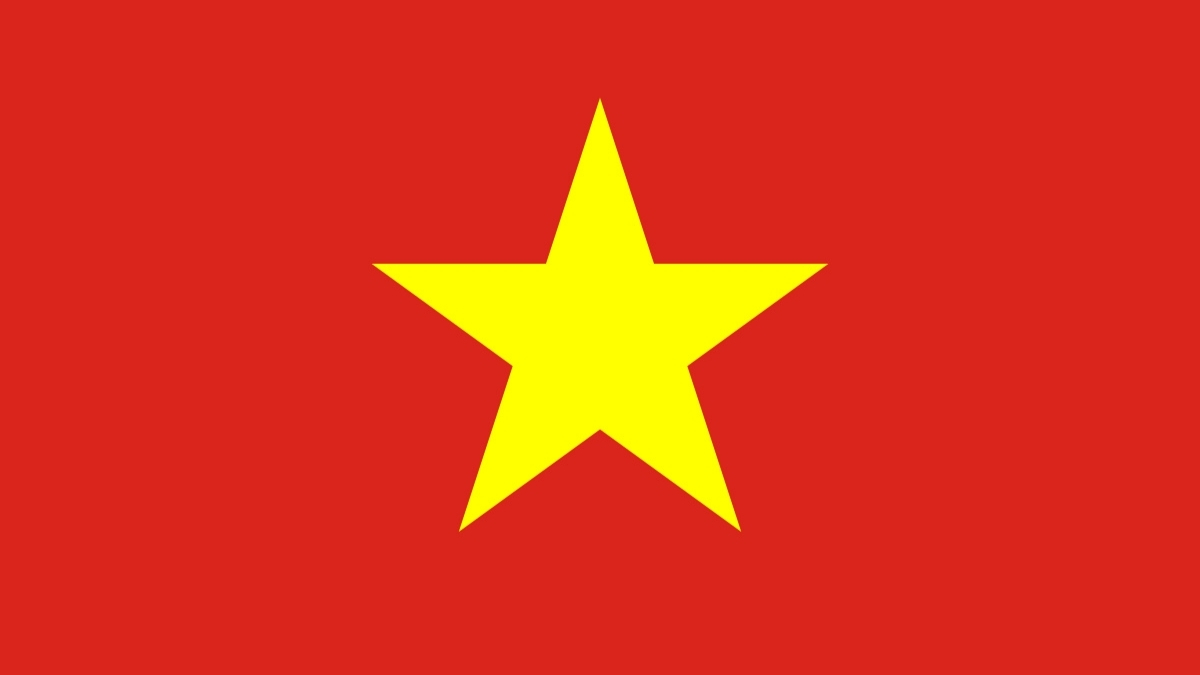
The Hong Bang Dynasty, which began in 2879 BCE, is said to be the beginning of Vietnam. This early history is a mix of legend and documented fact, but archaeological evidence from the Dong Son culture shows that there was a unique and advanced civilization in the area. Vietnam kept its own identity even after 1,000 years of Chinese rule. It became independent in the 10th century CE.
4. Armenia
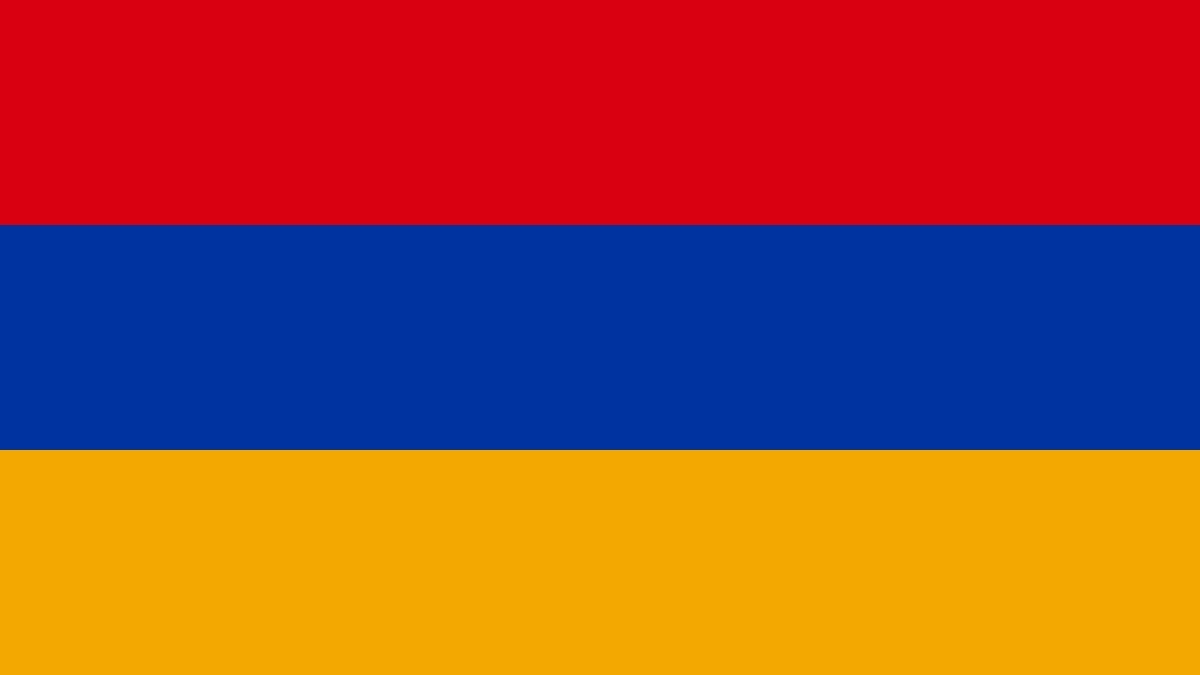
Armenia is at the crossroads of Europe and Asia. Its history as a recognized state goes back to 2492 BCE, when the legendary Haykazun dynasty was founded. In 301 CE, Armenia became the first country to make Christianity its official religion. It has a rich cultural history that has lasted through hundreds of years of foreign rule and influence.
5. China
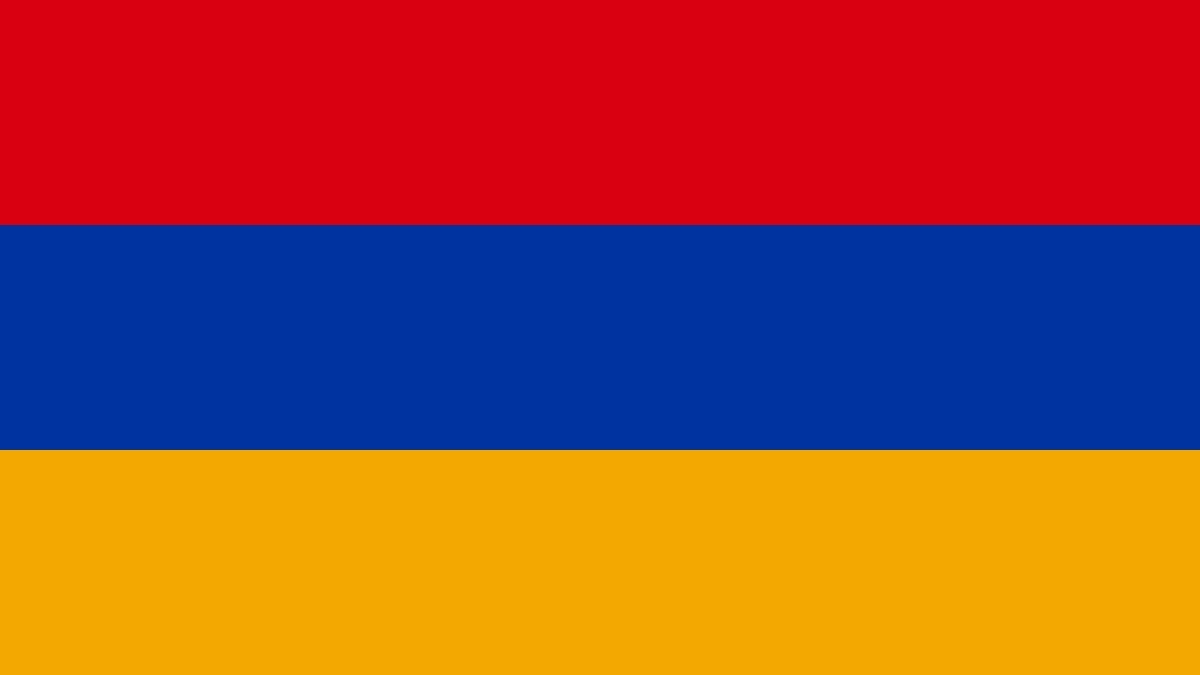
China has one of the longest histories of a civilization that has always been there. People think that the Xia Dynasty, the first dynasty, started around 2070 BCE. The later Shang Dynasty (c. 1600 BCE) is well-documented and marks the start of a long line of dynastic rule that eventually led to the unified China we know today. However, scholars disagree about whether it really existed.
6. India
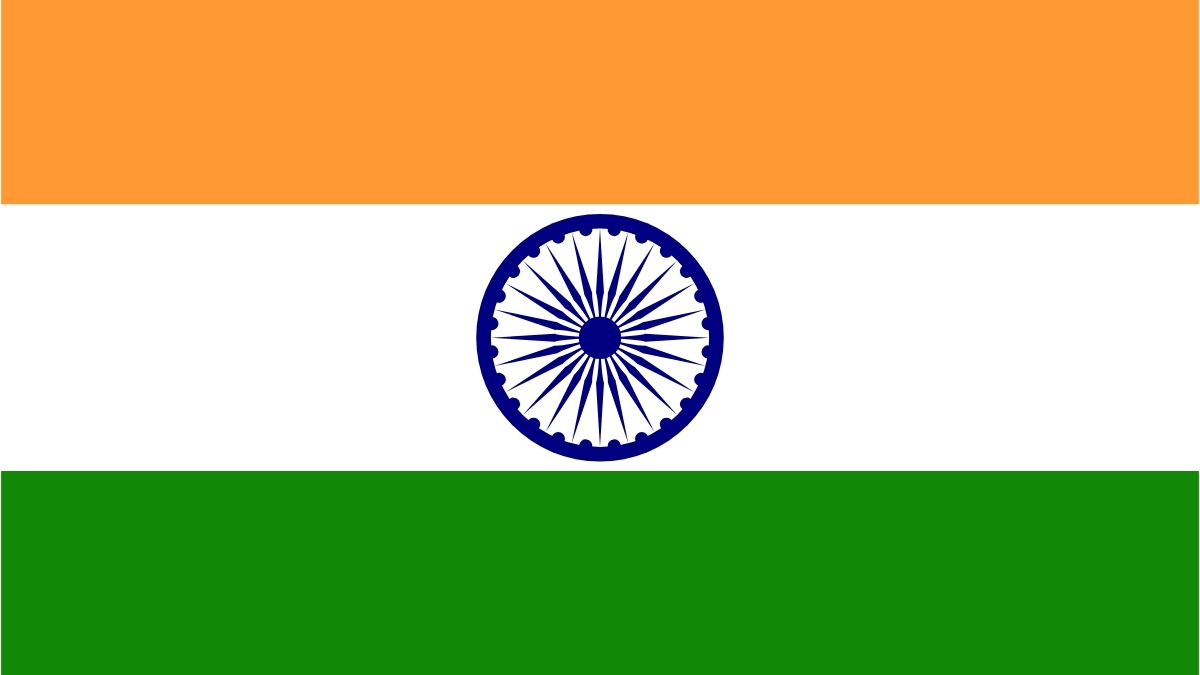
The first civilization in India was the Indus Valley Civilization, which began around 2500 BCE. This civilization fell apart, but the Vedic Period that came after it, which started around 2000 BCE, laid the groundwork for modern Indian culture. India has had many different kingdoms and empires in the past, and its culture and philosophy have been passed down through the years.
7. Georgia
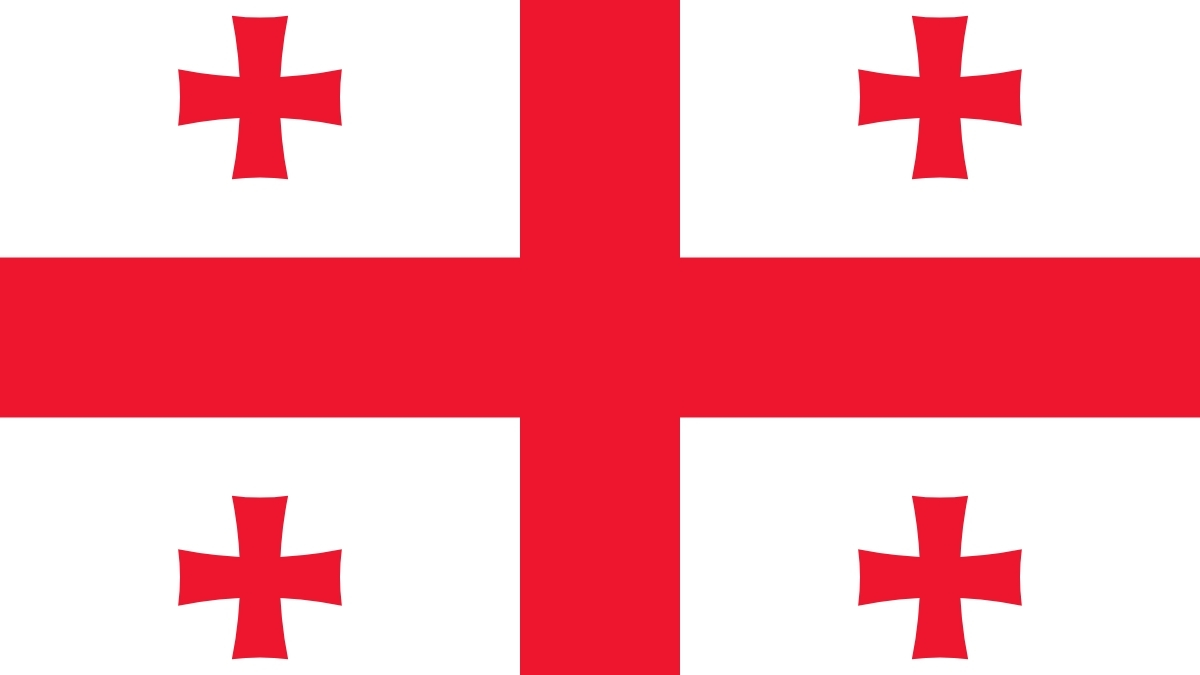
Georgia is at the crossroads of Europe and Asia, and it has been an organized state since about 1300 BCE. In this area, Greek mythology talks about the old kingdoms of Colchis and Iberia. Georgia's unique language, alphabet, and Orthodox Christian faith have survived centuries of foreign invasions and occupations, showing how strong its national identity is.
8. Ethiopia
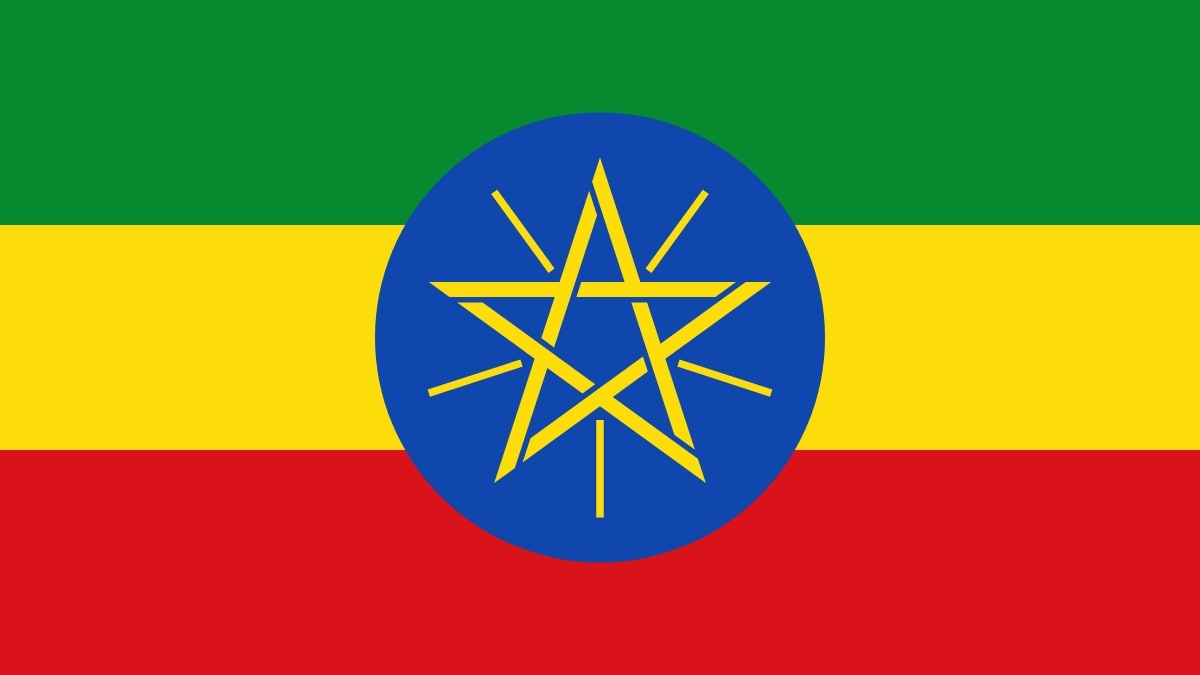
Ethiopia says it is one of the oldest countries because of the ancient kingdom of D'mt, which was founded around 980 BCE. It is interesting that it is the only African country that has been able to resist colonial rule for most of its history, keeping its own unique cultural identity.
9. Greece

People often say that Greece is where Western civilization began. Its history goes back to the rise of ancient city-states around 800 BCE. The modern state was officially formed in 1830, but the Greek people have a long and rich cultural history that has had a big impact on art, philosophy, and democracy around the world.
10. Japan
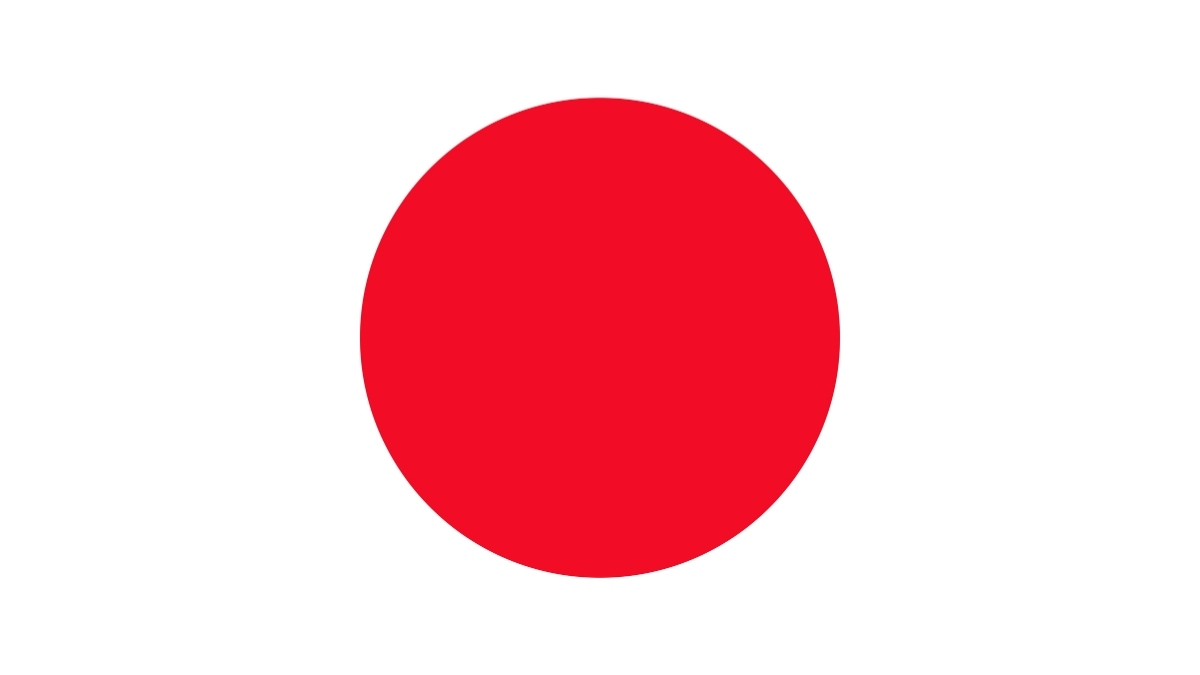
660 BCE is the traditional date for Japan's founding. This is when Emperor Jimmu is said to have taken the throne. This means that the Japanese imperial dynasty is the oldest hereditary monarchy in the world that is still going strong. The historical details of the earliest emperors are a mix of legend and fact, but for thousands of years, the country has kept a strong sense of national identity and cultural continuity.
11. San Marino
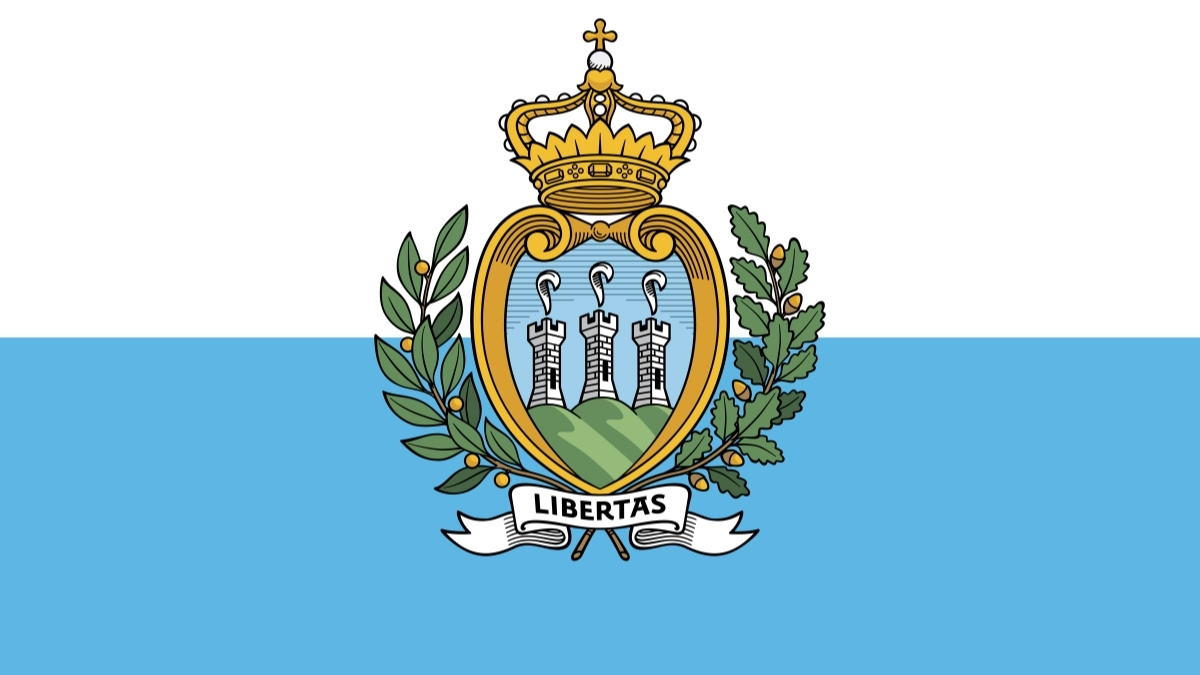
The Republic of San Marino, which has been a sovereign state and constitutional republic since 301 CE, is the oldest one still in existence. This small country, which is surrounded by Italy, has been able to stay independent for more than 1,700 years. The constitution, which was written in 1600, is thought to be the oldest written constitution still in use today.
Check Out: Which are the 5 Smallest Countries in Europe? Check List by Area
List of Oldest Countries by Current Form of Government Establishment
The countries in the following table are listed by the date their current, working form of government was set up. This is different from a country's long history of civilization or culture. It hints at the specific political system and its founding documents, like a constitution.
| Rank | Country | Date of Current Government Establishment |
| 1. | San Marino | 301 CE |
| 2. | United Kingdom | 1688 CE |
| 3. | United States | 1789 CE |
| 4. | Norway | 1814 CE |
| 5. | Netherlands | 1815 CE |
| 6. | Belgium | 1831 CE |
| 7. | Denmark | 1849 CE |
| 8. | Argentina | 1853 CE |
| 9. | Canada | 1867 CE |
| 10. | Australia | 1901 CE |
How do Countries Come into Existence?
Countries come into existence through a blend of historical, political, and social factors. Some countries, like many in Europe, evolved over centuries from kingdoms and tribal lands as a shared culture and government solidified. Others were formed more recently through wars of independence, treaties, or decolonization, where a people group asserted its right to self-governance. A country needs a government that can keep things in order, a defined territory, a population, and a shared sense of identity.
Which was the First Country in the World?
Egypt is often thought of as the first "country" because it was the first big state with a common culture and territory. Around 3100 BCE, King Menes brought Upper and Lower Egypt together, making a centralized state that lasted for thousands of years. This was the beginning of what we now think of as a nation.
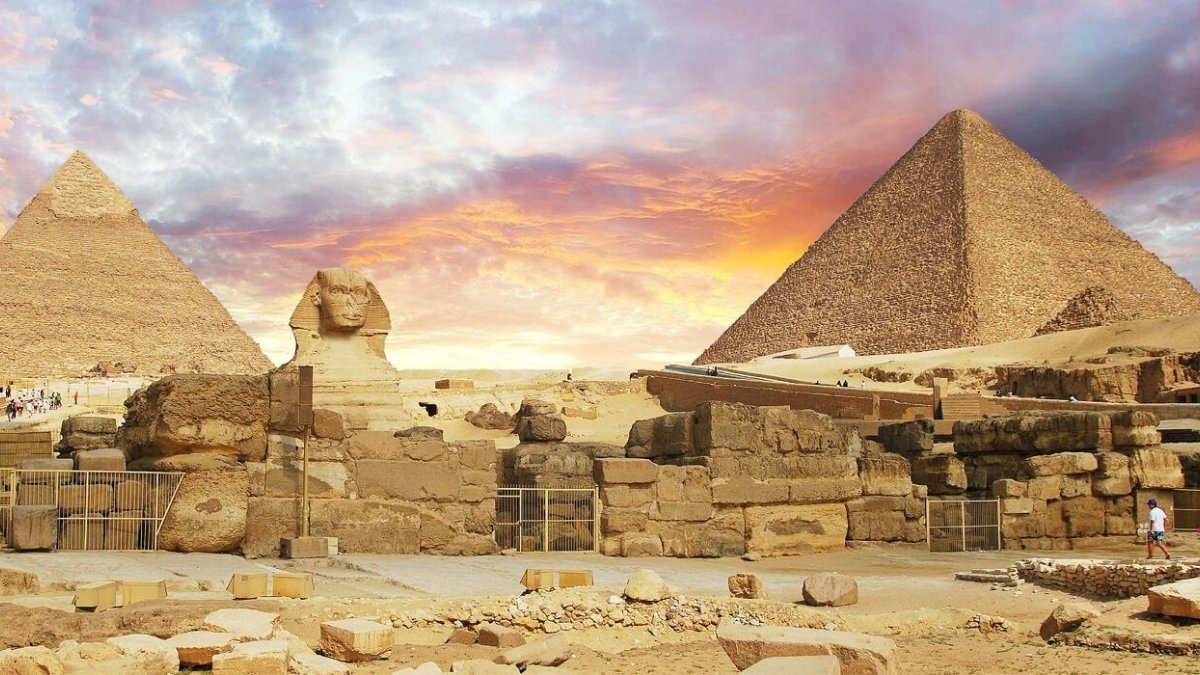
Ancient Egypt, Courtesy - JourneytoEgypt
Check Out: List of Top 9 First World Countries in 2025 (Ranked)
The discussion about which countries are the oldest in the world is interesting because it shows how complicated history, culture, and national identity can be. Some countries, like San Marino, have been around for a long time because they have been through a lot of political turmoil. Each of these countries has a long and interesting history that still affects the world today.
You can go ahead and add JagranJosh to your preferred sources to read more such interesting stories by clicking here.
Comments
All Comments (0)
Join the conversation